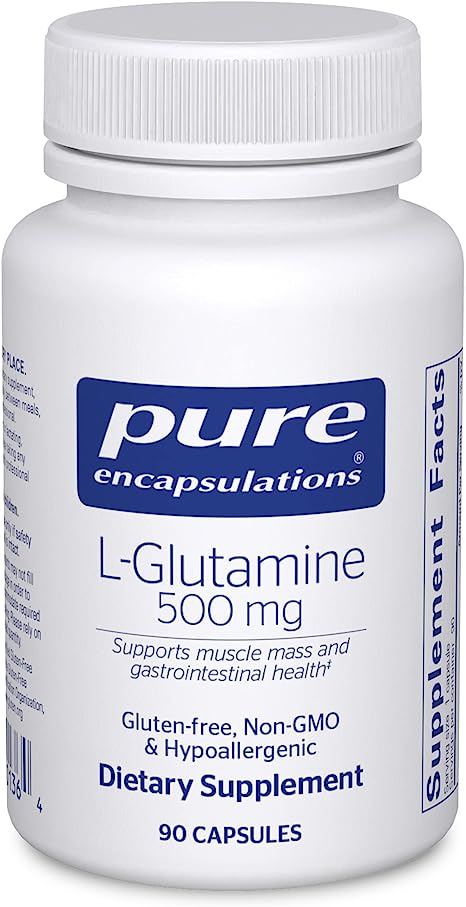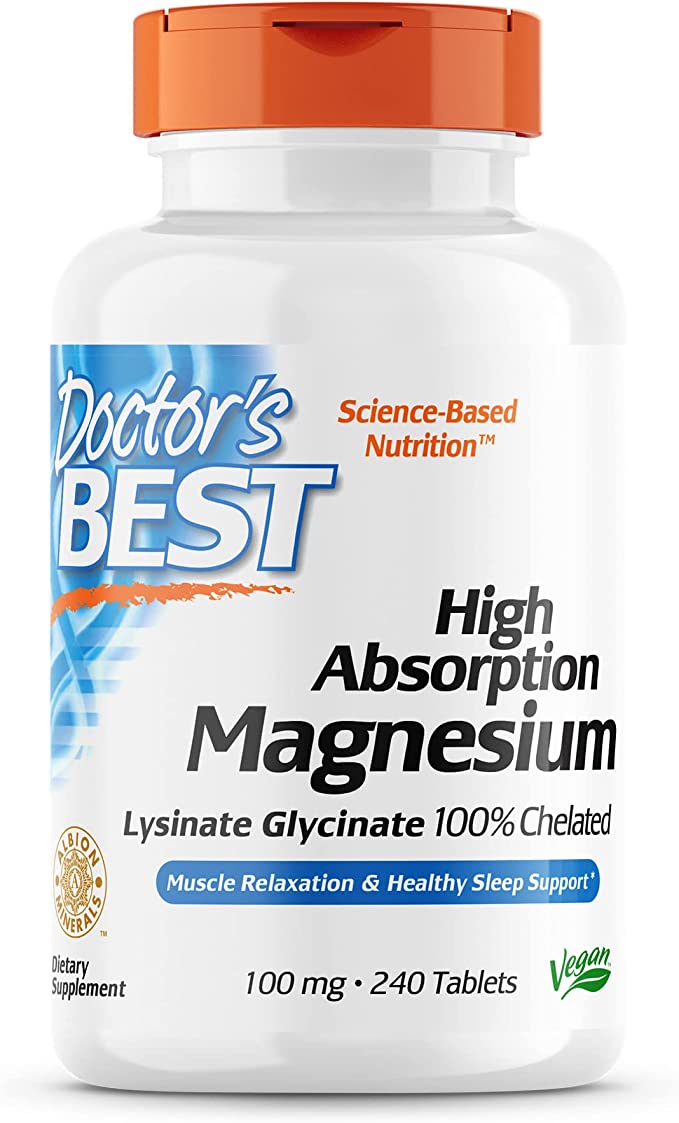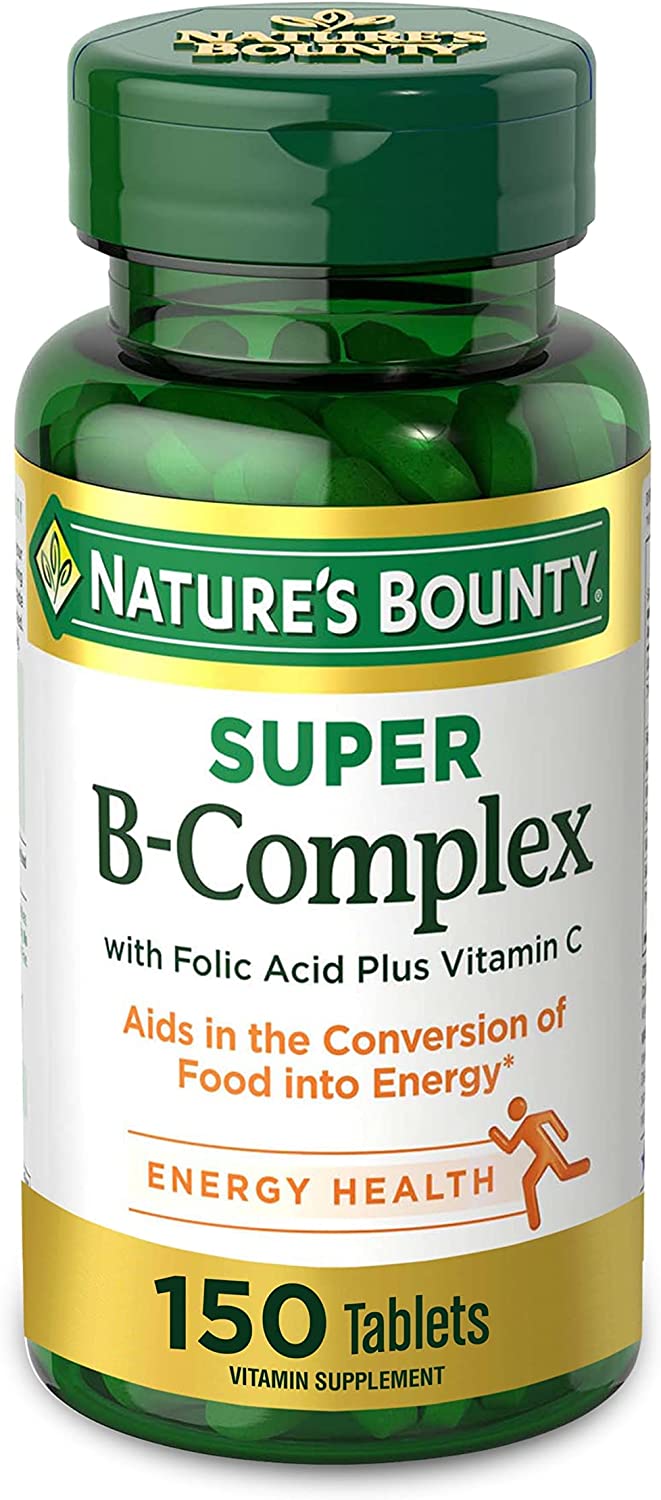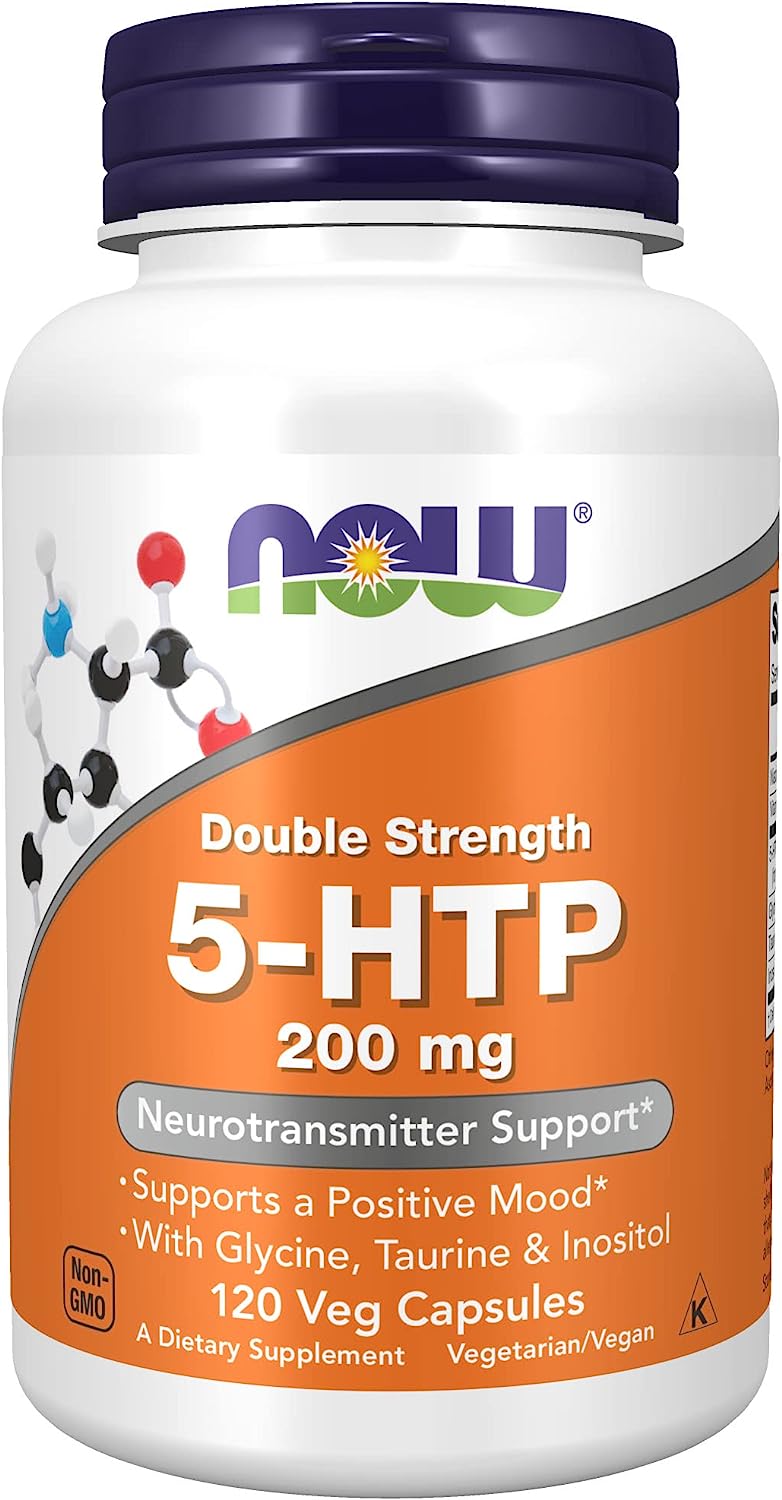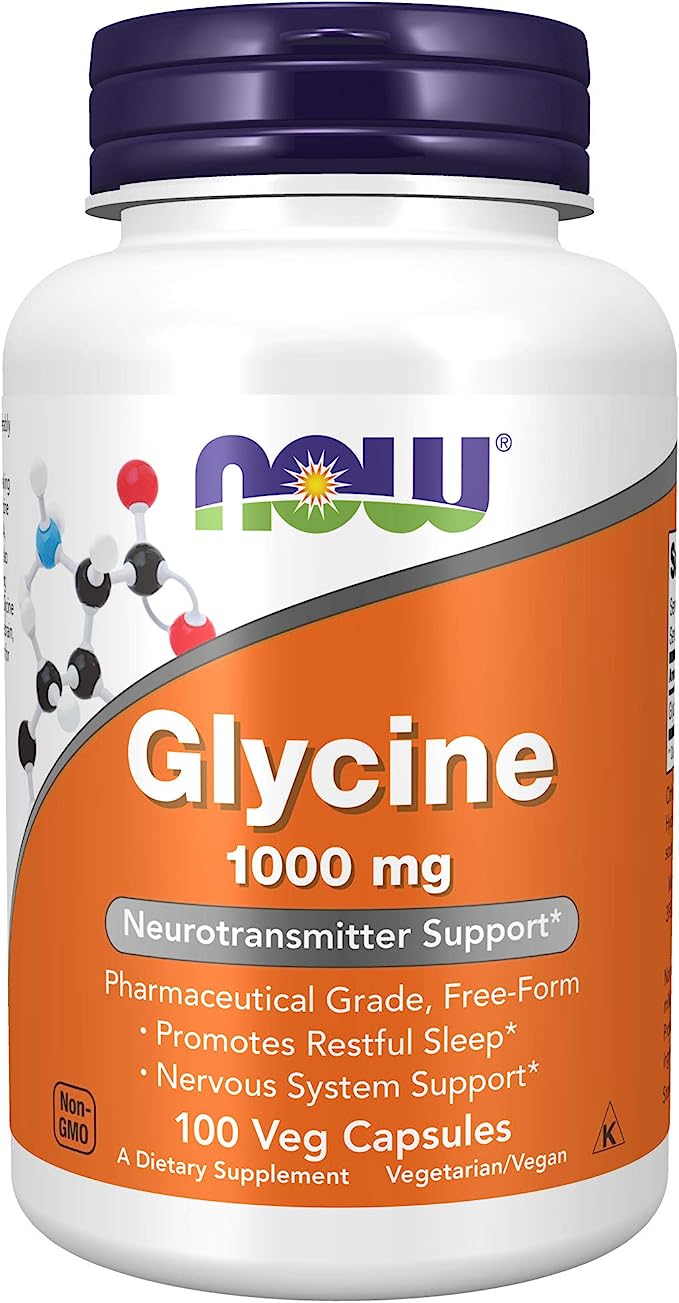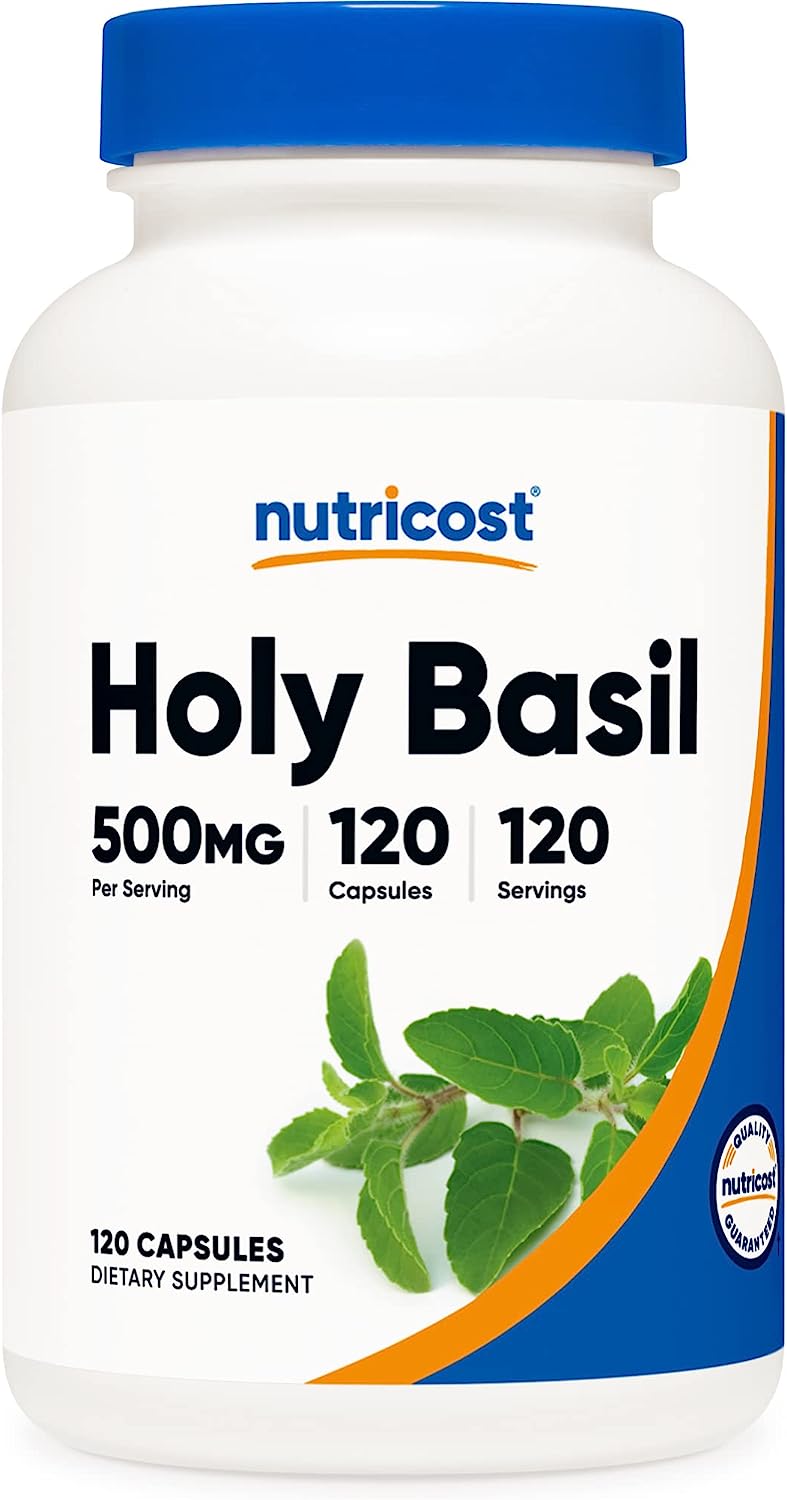Benzodiazepines
Research-backed supplements that may help manage symptoms and promote overall well-being during Benzodiazepine Post-Acute Withdrawal Syndrome (PAWS).
The following recommendations are not only supported by science but also informed by our positive experiences working with hundreds of people recovering from chemical dependencies. Unique product links and specific brands are frequently updated for the best quality, pricing and availability. Each item is a trusted brand we endorse.
[Check with your healthcare provider before starting any herbal or nutritional supplements. Acute benzodiazepine withdrawal needs to be medically monitored.]
L-Glutamine
L-Glutamine, an essential amino acid, plays a crucial role in supporting gut health and providing aid during protracted benzodiazepine withdrawal.
Benzodiazepines can cause disruptions in gut health, leading to digestive discomfort. L-Glutamine helps maintain the integrity of the gut lining and supports healthy digestion, alleviating some of the discomfort associated with withdrawal.
Also, L-Glutamine aids in managing cravings. By providing an alternative source of energy, it may help reduce the intensity of cravings, contributing to overall well-being during those first few weeks and months.
Amount : 1000- 3000 mg per day
How it Helps
- Replenishes glutamine levels depleted during withdrawal
- Reduces symptoms such as anxiety, cravings, and insomnia
- Supports GABA production for increased calmness and relaxation
- Aids in smoother withdrawal process and overall recovery
- Contributes to improved sleep quality and well-being
Magnesium Glycinate
Magnesium Glycinate is a gentle and highly absorbable form of magnesium that offers calming support.
Benzodiazepine withdrawal can cause anxiety, restlessness, and muscle tension. Magnesium Glycinate’s calming properties help soothe the nervous system, promoting a sense of relaxation and tranquility.
Additionally, Magnesium Glycinate is known to improve sleep quality, which is particularly beneficial during post-acute withdrawal when sleep disturbances are common. By supporting better sleep, it may contribute to an overall sense of well-being during this challenging phase of recovery.
RECOMMENDED DOSE: 200-400 mg per day
How it Helps
- Replenishes magnesium levels depleted during active use
- Alleviates anxiety, restlessness, and muscle cramps
- Calms the nervous system and reduces stress and irritability
- Improves sleep quality and promotes relaxation
Vitamin c
Vitamin C, beyond its immune support and antioxidant properties, is a crucial co-factor for the production of various neurotransmitters during benzodiazepine withdrawal.
Benzodiazepine withdrawal can lead to imbalances in brain chemistry, impacting mood and cognitive function. Vitamin C plays a key role in the synthesis of neurotransmitters such as serotonin, dopamine, and norepinephrine, which are essential for maintaining emotional well-being and cognitive balance.
Vitamin C’s role in neurotransmitter production may contribute to alleviating some of the emotional and cognitive challenges experienced during this phase.
RECOMMENDED DOSE: 1000 – 2000 mg per day in divided doses
How it Helps
- Replenishes vitamin C levels depleted during active use
- Supports immune function and boosts overall immunity
- Aids in detoxification processes
- Supports tissue repair and healing
B-Complex
B vitamins, including B1 (thiamine), B3 (niacin), B5 (pantothenic acid), B6 (pyridoxine), and B12 (cobalamin), play a vital role in supporting nervous system function.
During protracted benzodiazepine withdrawal, B vitamins are essential for maintaining healthy nerve cells, promoting proper nerve function, and reducing symptoms such as anxiety and irritability.
They work as co-factors in enzymatic reactions, supporting energy production and reducing fatigue.
Additionally, B vitamins contribute to neurotransmitter synthesis, positively impacting mood and cognitive function.
AMOUNT : 1 – 3 tablets per day
How It Helps
- Replenishes B vitamin levels depleted during benzodiazepine use
- Reduces symptoms such as fatigue, mood disturbances, and cognitive issues
- Supports energy production and overall brain function
5-HTP
5-HTP, or 5-Hydroxytryptophan, is an amino acid that plays a role in the production of serotonin, a neurotransmitter involved in mood regulation and sleep quality.
While 5-HTP can be beneficial for people seeking mood balance and improved sleep during early recovery, it’s important to note that it is not recommended for those who are currently taking prescription antidepressants or other medications that affect serotonin levels. Combining 5-HTP with these medications can potentially lead to serotonin syndrome, a serious condition.
Amount : 100 – 400 mg per day in divided doses
How it Helps
- Promotes mood balance and supports emotional well-being
- Enhances serotonin production for improved mood regulation
- Supports restful sleep and sleep quality
- May aid in the management of post-acute withdrawal symptoms
- Note: Not recommended for individuals taking prescription antidepressants or medications that affect serotonin levels
Glycine
Glycine, an amino acid with calming properties, has shown to be quite impactful.
Benzodiazepine withdrawal can be accompanied by a lot of anxiety, restlessness, and sleep disturbances. Glycine’s calming effect on the nervous system can help reduce these symptoms and promote a sense of relaxation.
Additionally, glycine plays a crucial role in neurotransmitter regulation, including inhibitory neurotransmitters that promote calmness and relaxation.
RECOMMENDED DOSE: 1000 – 2000 mg
How It Helps
- Supports mood stability and promotes emotional well-being
- Acts as a precursor to neurotransmitters like serotonin and GABA
- Reduces anxiety symptoms
- Provides a sense of calm and relaxation
- Aids with sleep
Turmeric
Turmeric, a yellow spice commonly used in cooking, offers a range of health benefits, including its anti-inflammatory properties and potential mood-supporting effects, which can be helpful during PAWS.
Curcumin, the main active compound in turmeric, possesses potent anti-inflammatory properties that may help reduce inflammation in the body. Benzodiazepine dependency can lead to increased inflammation, and incorporating turmeric into your supplement protocol may support the body’s natural healing process.
Also, turmeric has been studied for its potential mood-supporting effects. It may help promote a positive outlook and support emotional well-being.
To enhance the absorption of curcumin, it is recommended to take turmeric with black pepper or in combination with a fat source.
Amount : Follow the instructions on the package label
How it Helps
- Offers anti-inflammatory properties to reduce inflammation in the body
- Supports the body’s natural healing process during recovery
- Potential mood-supporting effects for emotional well-being
- Note: Consume turmeric with black pepper or in combination with a fat source for enhanced curcumin absorption
Holy Basil
Holy Basil, also known as Tulsi, is an adaptogenic herb that provides natural stress relief.
Benzodiazepine withdrawal can lead to increased stress and emotional instability. Holy Basil helps the body adapt to stress and provides a calming effect on the mind and body.
Additionally, Holy Basil is rich in antioxidants, reducing oxidative stress caused by withdrawal.
RECOMMENDED DOSE: 500 – 2000 mg per day in divided doses
How It Helps
- Provides natural stress relief and emotional support
- Supports adrenal gland function for stress adaptation
- Anti-inflammatory properties for reducing inflammation
- Rich in antioxidants to combat oxidative stress
Contact Us
We’re here for you every step of the way towards a healthier and more fulfilling life. Contact us today for personalized guidance, support, and to learn more about our services.
Please note: Dosage, frequency, duration, and combination recommendations of all listed products vary considerably depending upon your unique situation and needs. Check with your healthcare provider before starting any herbal or nutritional supplements, as they may interact with medications or exacerbate certain disease states.
Contact us
(215) 498-3889
jeff.simone@reactionrecovery.com
info@reactionrecovery.com
Open Hours
M-F: 8AM – 9PM EST
Sat: 3PM – 7PM EST
Sun: 8AM – 7PM EST

